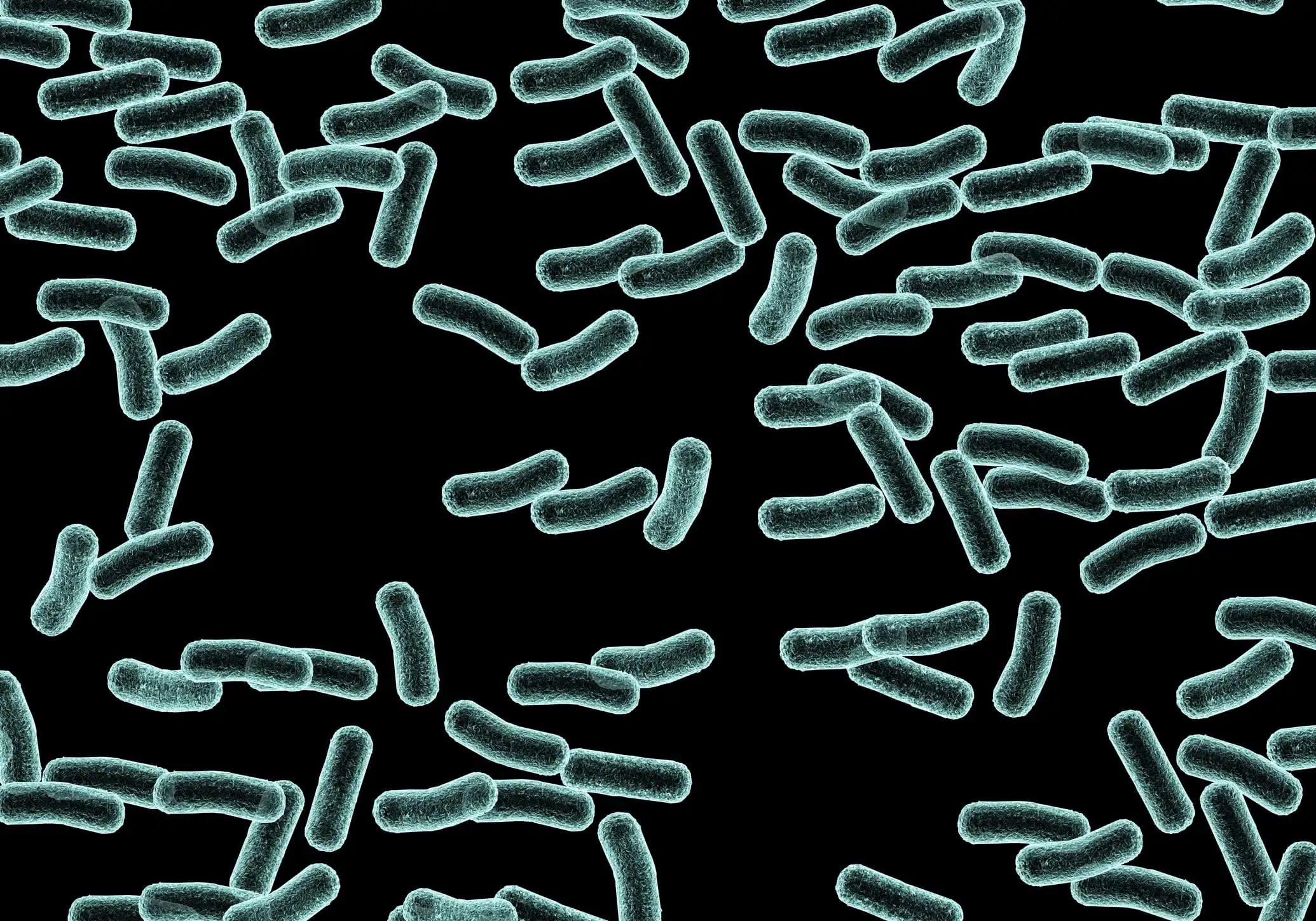KEY TAKEAWAYS
- The MK-4280A-008 phase III trial aimed to evaluate the safety and efficacy of MK-4280A in R/R cHL refractory to anti-PD1.
- The primary endpoint is PFS. Secondary endpoints include OS, ORR, DOR, and safety. Exploratory endpoints include PFS on subsequent cancer treatment and patient QoL.
- The study is ongoing, and AEs will be monitored throughout the trial.
PD-1 inhibitors are effective in relapsed or refractory (R/R) classical Hodgkin lymphoma (cHL) but have limited options for patients (pts) who progress after PD1 blockade. Upregulation of lymphocyte-activation gene 3 (LAG-3) in cHL may contribute to anti-PD1 resistance.
Researchers aimed to evaluate the safety and efficacy of MK-4280A in R/R cHL refractory to anti-PD1.
The study will enroll 360 pts aged 18 or older with relapsed/refractory classical Hodgkin lymphoma who have progressed on anti-PD-1 therapy and exhausted all other treatment options. They must have an ECOG performance status of 0-2, adequate organ function, and accessible tissue samples.
Pts will be randomly assigned in a 1:1 ratio to receive either MK-4280A (coformulated favezelimab 800 mg/pembrolizumab 200 mg; Arm A) via IV infusion every 3 weeks or their physician’s choice of gemcitabine (800-1200 mg/m2) IV or bendamustine (90-120 mg/m2) IV (Arm B). Randomization will consider prior autologous stem cell transplantation (yes vs. no) and ECOG performance status (0/1 vs. 2). Treatment will be given for up to 35 cycles of MK-4280A or until unacceptable side effects, disease progression (PD), or withdrawal from the trial. Pts in Arm B who experience PD confirmed by blinded independent central review (BICR) according to Lugano criteria may be able to switch to receive up to 35 cycles of MK-4280A. Disease response assessments using PET and CT or MRI scans will be conducted every 12 weeks during the trial.
The study’s primary endpoint is to measure progression-free survival (PFS) as assessed by BICR based on Lugano criteria. Secondary endpoints include overall survival (OS), objective response rate (ORR), duration of response (DOR) as evaluated by BICR using Lugano criteria, and safety. Additionally, exploratory endpoints cover PFS during subsequent oncologic therapy and patient-reported quality of life (QoL). Adverse events (AEs) will be carefully monitored throughout the trial and graded according to NCI CTCAE v5.0. The Kaplan-Meier method will calculate PFS, OS, and DOR, while ORR with a 95% confidence interval will be determined using the Clopper-Pearson method.
The efficacy analysis will include all pts in the intention-to-treat population, and safety will be assessed for all treated pts. Enrollment in this trial is still ongoing.
Source: https://ascopubs.org/doi/abs/10.1200/JCO.2023.41.16_suppl.TPS7585
Clinical Trial: https://classic.clinicaltrials.gov/ct2/show/NCT05508867
David Lavie, John Timmerman, Ramón Garcia Sanz, Won Seog Kim, Tae Min Kim, Abraham Avigdor, Daan Dierickx, Deepa Jagadeesh, Daniel Molin, Muhit Ozcan, Ömür Gökmen Sevindik, Hayder Saeed, Yulia Sidi, Pallavi Pillai, Patricia Marinello, and Alex Francisco Herrera. DOI: 10.1200/JCO.2023.41.16_suppl.TPS7585 Journal of Clinical Oncology 41, no. 16_suppl (June 01, 2023) TPS7585-TPS7585.



